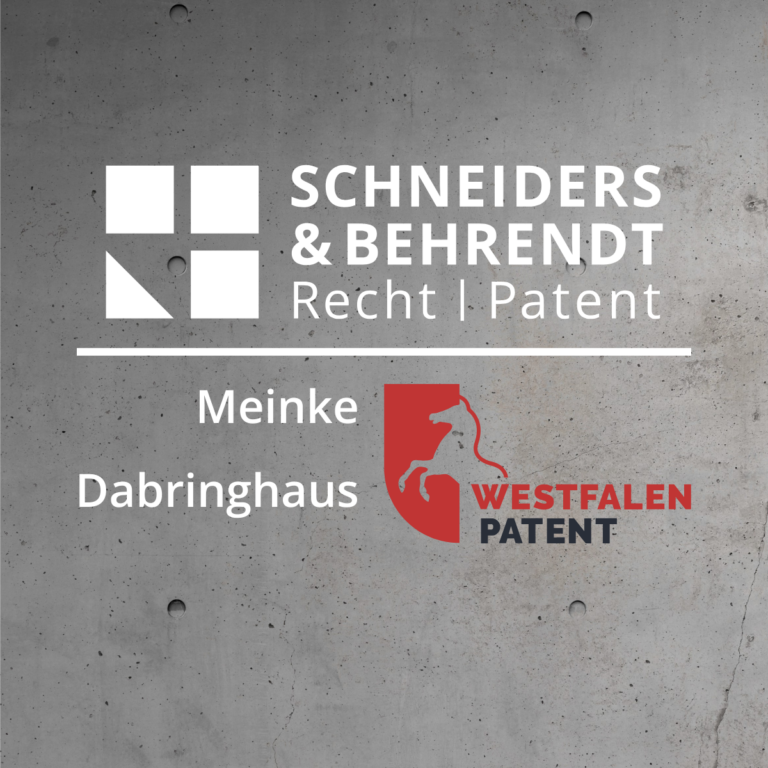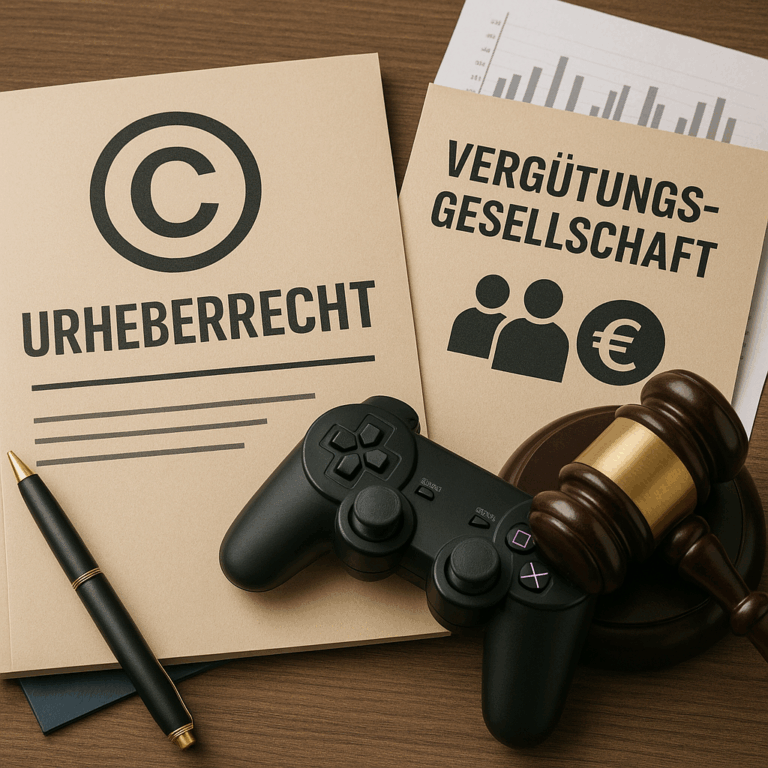On this occasion, we would like to draw your attention to a warning issued by the German Patent and Trade Mark Office (DPMA) on June 26, 2023, in which a particularly brazen and potentially dangerous manifestation of a well-known problem is pointed out.
The subject matter is a recent series of e-mails in which trade mark applicants are allegedly requested to pay allegedly due application fees on behalf of the President of the DPMA.
Initial situation
For several years now, numerous applicants of industrial property rights have been receiving letters, for example after publication of a trade mark application, which, due to their layout, give the impression of official letters from the DPMA, the European Intellectual Property Office (EUIPO), the World Intellectual Property Organization (WIPO) or the European Patent Office (EPO). The letters were always accompanied by a request for payment for the publication and/or registration of the property rights or their inclusion in a register.
The letters of this type that have come to light to date were often only open to limited attack under criminal law, as only similar company names, abbreviations and emblems were used with the official title, the letters were formulated as an offer and the payment was often offset by a consideration actually provided, such as entry in a private (and therefore irrelevant) register or the extension of a property right. In any case, the companies involved were mostly either not recognizable or not tangible.
The current case
The current practice differs from previous cases in particular in that forged trade mark certificates with the logo of the DPMA and the likewise forged signature of the President are attached to the e-mails. The requested payment is also not offset by any consideration.
We therefore feel compelled to point out the associated risk separately in addition to our transaction-related client information.
How can you recognize fraudulent letters?
To protect yourself from harm, you should consider the following:
- Owners of IP rights who are represented before the respective offices by a law firm are generally not contacted directly by the offices, in particular not with invoices or requests for payment.
- Instead, all correspondence with the authorities is conducted via the legal representatives.
- Doubts are also regularly justified due to the account details used, which often relate to accounts in Poland (PL), Cyprus (ZY), Tunisia (TN) or Bulgaria (BG).
- It is also unusual to use pre-filled bank transfer forms.
Conclusion
You should therefore under no circumstances respond to requests for payment of the type described without prior verification.
Please contact us if you have any doubts, for example due to a discrepancy with the cost information we have received or due to the circumstances described. We offer you the test as a free service.




